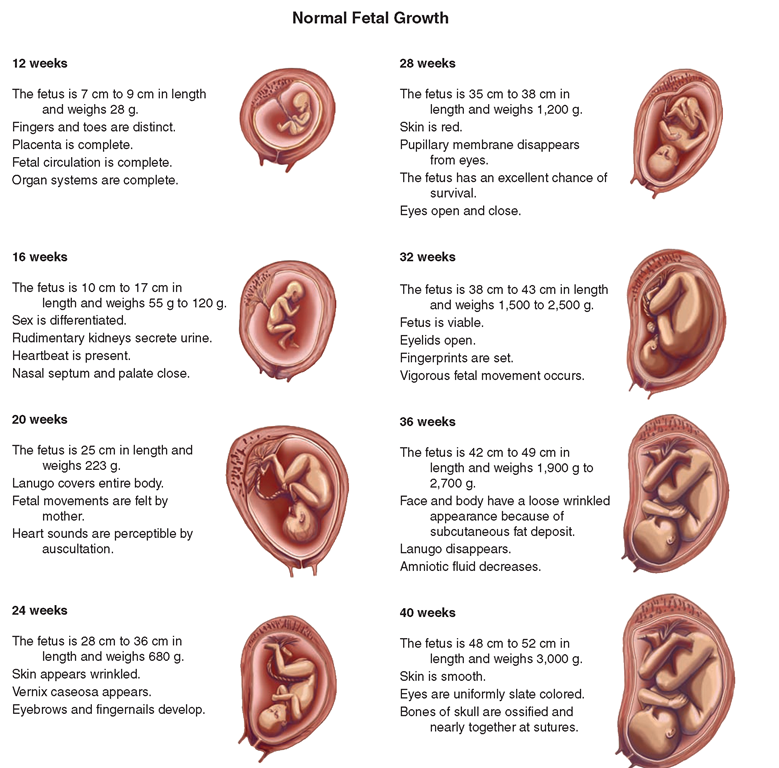


The foetal rate slows down from about 170bpm at week 10 to about 130 bpm towards the end of the third trimester-this is normal. All of these are normal conditions and don't yet signal a problem-your doctor will advise you on when to return to try and hear the foetal heartbeat again.ĭuring pregnancy, foetal heartbeat and rhythm can help to assess if the baby has a health problem such as congenital heart disease. During labour and delivery, foetal heart rate can alert doctors if the baby is in some kind of distress for example, inadequate oxygen supply. This could be because of the position of the baby, or because the mom-to-be is overweight or she has an anteverted uterus (a uterus that is naturally bent forward towards the tummy and over the cervix). Sometimes, in the early weeks, doctors have difficulty finding the heartbeat. Listening to the baby's heartbeat isn't always easy. For the rest of the pregnancy, the accepted safe range for foetal heart rate is 110-160 bpm. The baby’s heart rate goes up to 140-170 bpm for a short period between the ninth and 10th week of pregnancy. If you are hearing the heartbeat within the first eight weeks of pregnancy, the normal range to expect is 90-110 bpm. Next, he or she will do some calculations to determine the heartbeat and heart rhythm of your baby. Here is what to expect when you go in to hear your baby's heartbeat: your doctor will use a handheld doppler device or a Pinard stethoscope to find the baby's heartbeat. Monitoring foetal heartbeat during labourĭoctors for Baby’s heartbeat during pregnancy.Normal baby heart rate and rhythm during pregnancy.Read on to know more about foetal heartbeat: There is also evidence that foetal heart rate monitoring, especially during labour and birth (intrapartum phase), can sometimes help to prevent health problems like hypoxic-ischemic encephalopathy (low oxygen leading to brain damage in the baby). That said, bigger, more sustained foetal heart rate variations can point to problems like hypoxia, acidosis or infections like chorioamnionitis during labour. Foetal heart rate will also be monitored during labour, to make sure that the baby is okay.Ī variation of 5-25 bpm in the baby's heartbeat is nothing to worry about, according to the 2015 FIGO intrapartum cardiotocography (CTG) classification system. Your doctor will monitor the baby’s heartbeat and heart rhythm every time you go in for a checkup. Here's what to expect if you are going to hear your baby's heartbeat: Foetal age Though the heartbeat can be discerned between the sixth and ninth week of pregnancy, many parents-to-be hear it for the first time during the routine pregnancy checkup and pregnancy ultrasound, either between the ninth and 11th week of pregnancy or during the 11th to 13th week of pregnancy. The “lub dub” sound can be heard as early as the sixth week of pregnancy. The baby's heart muscles start contracting around the third week and the heart starts beating at 90-110 beats per minute (bpm) during the fifth week of pregnancy. It is a very special moment when you get to hear your baby’s heart beating for the first time.


 0 kommentar(er)
0 kommentar(er)
